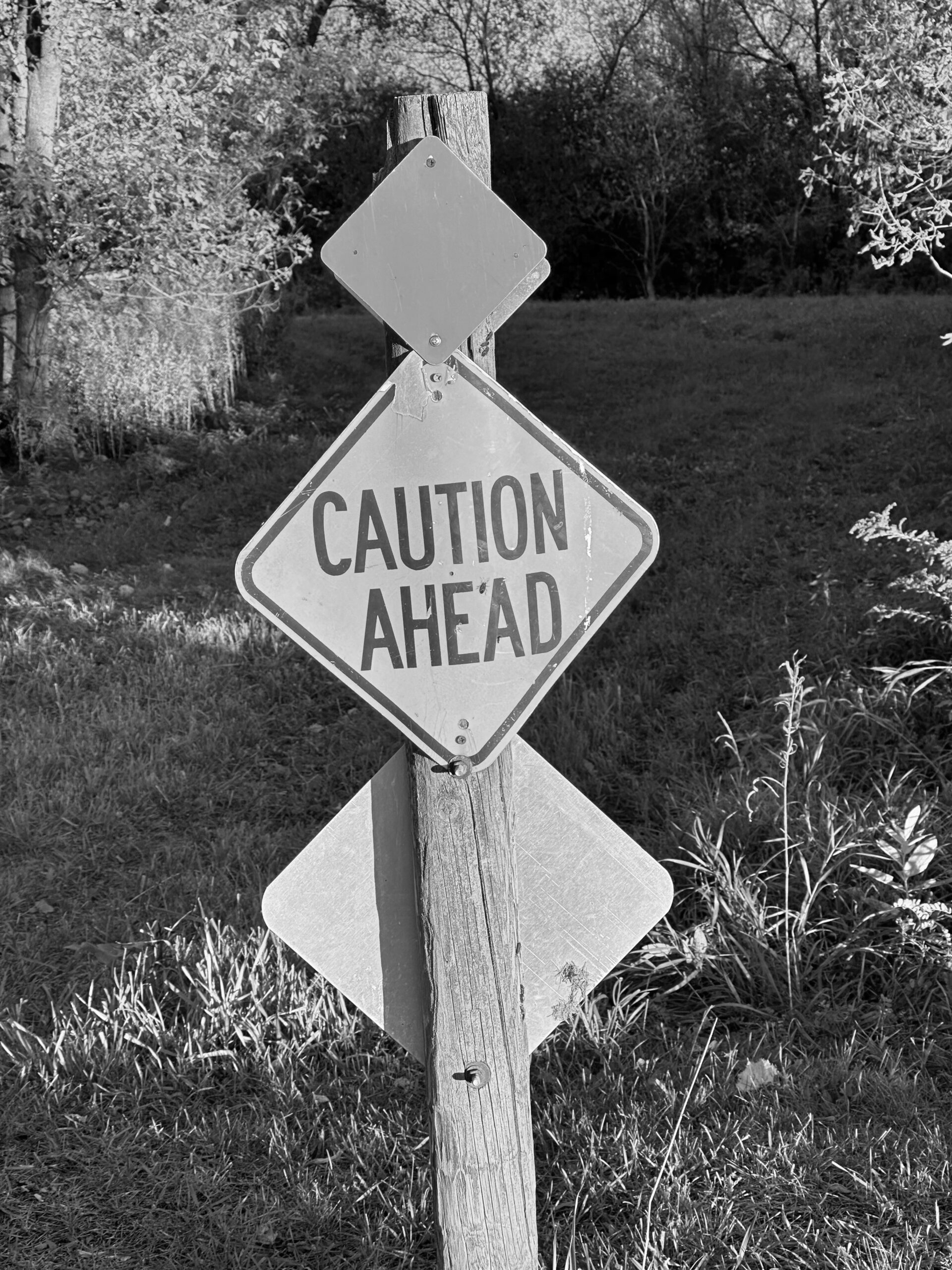June 30, 2025
In this time of volatility and ambiguous ethical standards, compliance leaders have a unique opportunity both to shield their organizations from risk and help propel them forward. Here are three essential actions that we can take today to strengthen our compliance programs while driving business success.
- Bring stability
We live in an era of rapid-fire government actions and policy pronouncements. Uncertainty abounds. Business leaders may feel compelled to speculate about business impacts. But reacting to this impulse is seldom an efficient use of their time. As compliance leaders, our expertise lies in assessing risk, anticipating change, and providing informed perspective. This ability to filter noise and convey what really matters is a unique and essential skill.
Take a proactive role in reviewing legal and policy developments. Use your internal networks to ensure that stakeholders remain focused on addressing the business implications. This approach not only mitigates risk but also fosters stability – enabling business leaders to concentrate on executing strategy instead of reacting to today’s headline.
- Protect your ethical standards
Public figures — whether celebrities, influencers, or leaders — play a significant role in shaping societal values. Studies show that they have a unique and powerful influence over people’s behaviors and ethical perspectives. The erosion of ethical standards and long-held societal norms is a risk to an organization’s ethical culture and business success. Employees may be more prone to cut corners and rationalize questionable conduct, particularly in a challenging business environment where there is pressure to meet performance targets.
When there is inevitable fallout from this behavior, it will take a long time for the business to recover. A recent study by Boston Consulting Group analyzed 177 large companies over a three-year period and found that nearly 30% experienced a trust-destroying event that resulted in severe financial and reputational damage. Those that experienced a company-level scandal like fraud or bribery, or a failure of processes or controls like a data or safety breach, had the lowest recovery rates.
Compliance leadership is essential. Use your tools – storytelling, senior leader examples, messaging, targeted education sessions – to make clear that your organization’s values and standards have not changed. Validate that processes and key controls are in place. These actions (or a lack of action) will determine which organizations maintain the trust of clients, regulators, and employees for today and in the long term.
- Strengthen your seat at the table
A hallmark of an effective compliance program is influence – the ability to inform decisions, shape strategy, and protect the organization in real time. Holding a Chief Compliance Officer title alone is not enough. If business leaders view compliance as a reactive function that does not understand commercial realities, your ability to influence is compromised.
This moment presents an opportunity to further strengthen your organization’s compliance program by leaning into strategic conversations, listening to business concerns, and offering practical solutions. Now more than ever, you can make a meaningful impact that is noticed and appreciated by business leaders. By reinforcing your credibility and influence, your compliance program will reap the benefits far beyond the present moment.
Final Thoughts
Effective compliance programs have never been more important and relevant to business success. By filtering uncertainty, reinforcing ethical values, and proactively engaging business leaders, compliance leaders not only protect their organizations – they elevate them.
Tamsin Fast is the Chief Compliance Officer at Aramark and Vice Chair of the Temple Law – Center for Compliance and Ethics Advisory Board.
